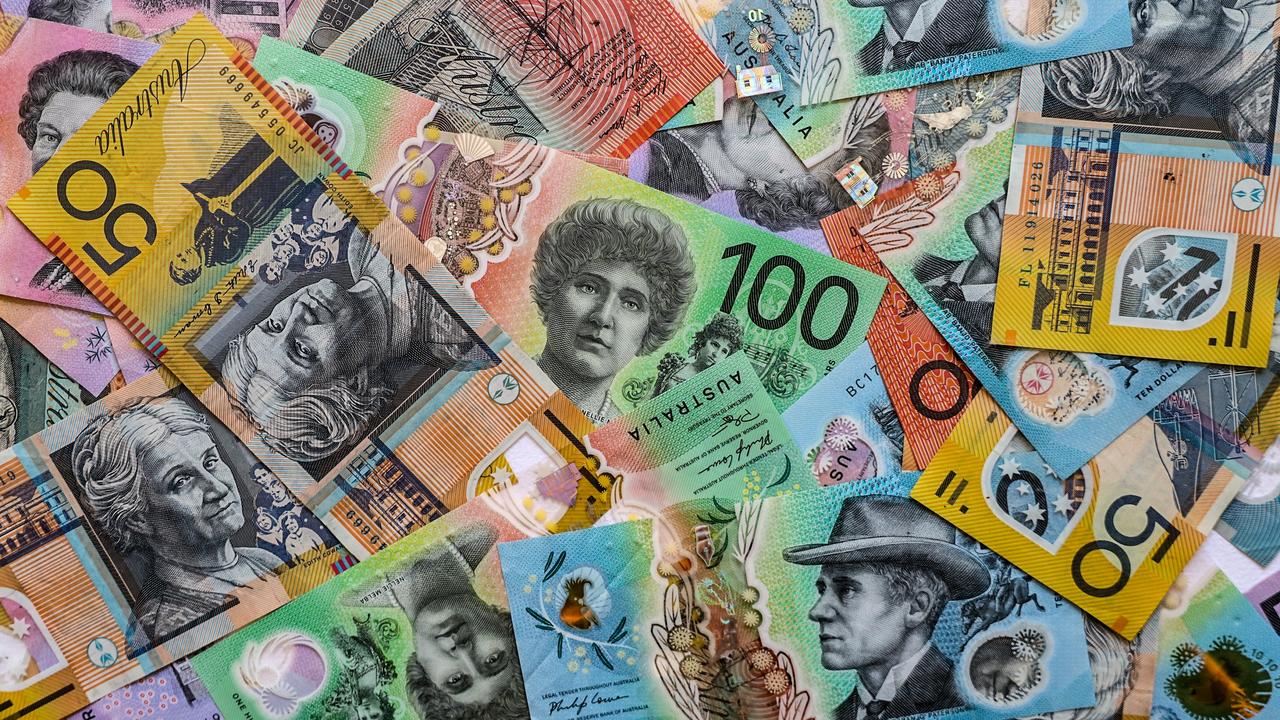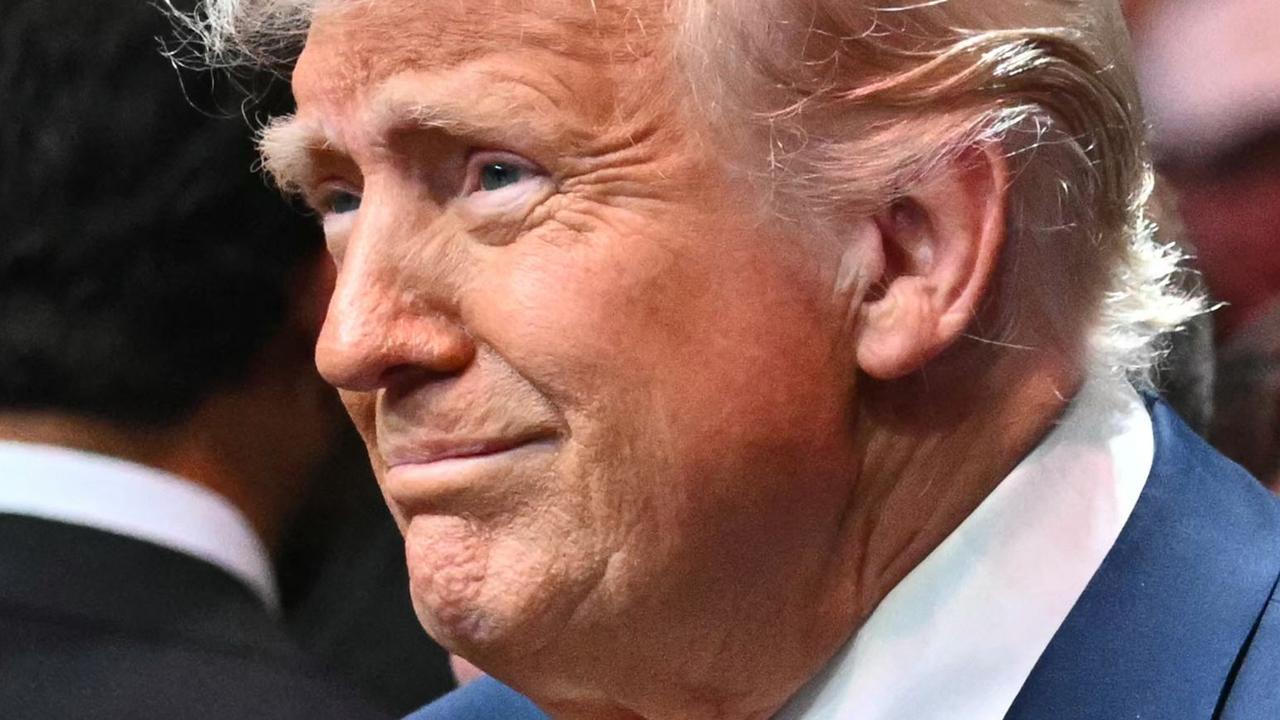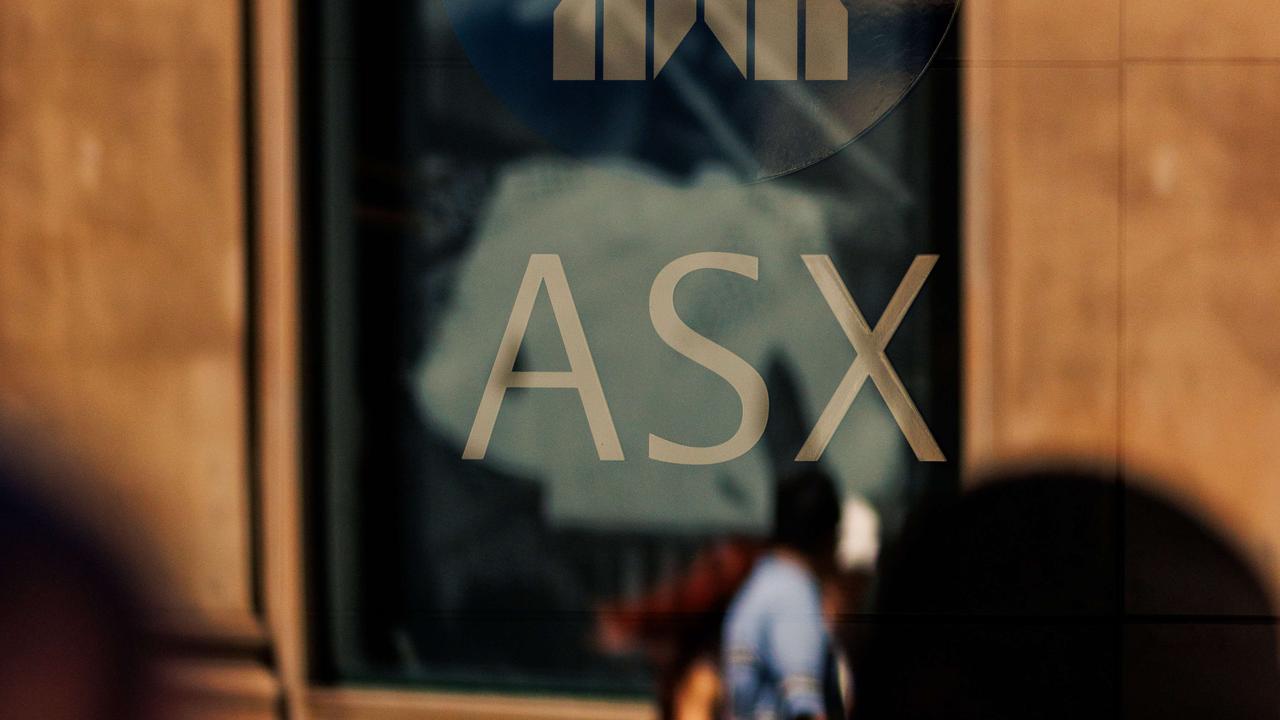Labor sets sights on wine after ‘mutually beneficial’ China barley decision
China’s decision to repeal costly tariffs is ‘mutually beneficial’, but wasn’t a transaction for a visit from Albo, the government says.
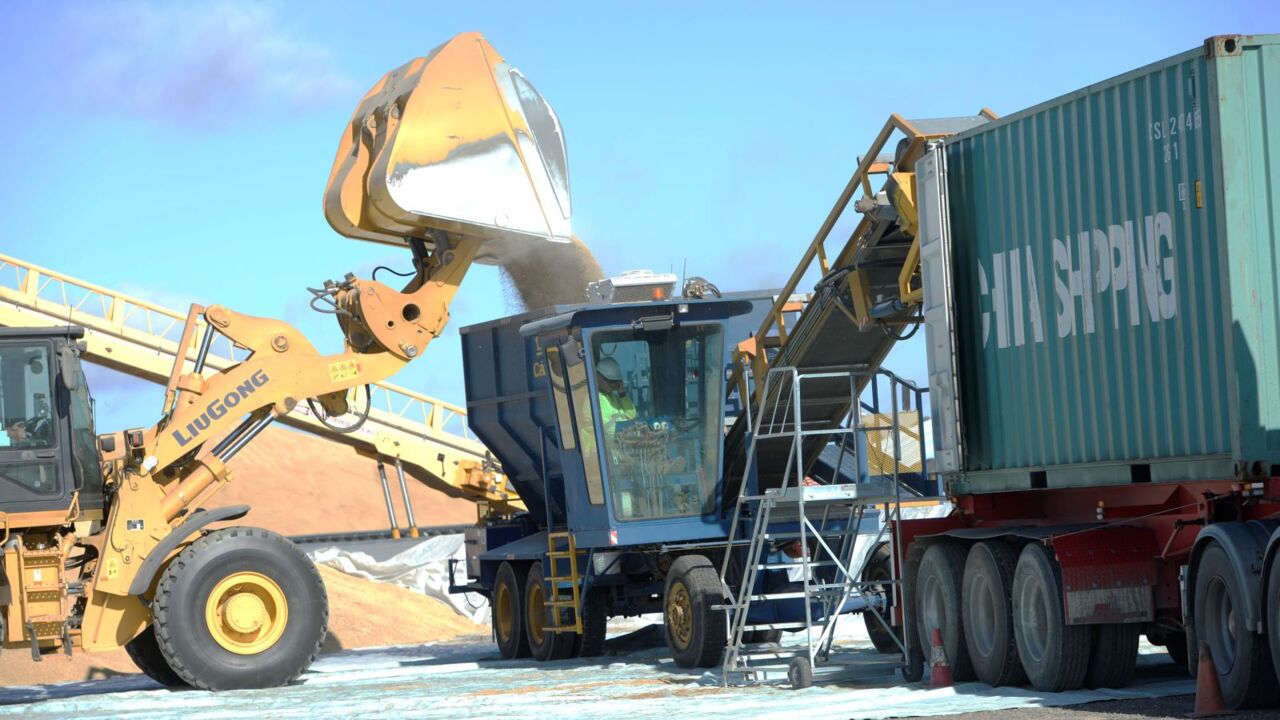
China’s decision to repeal costly barley tariffs was “not a transactional” effort to get Anthony Albanese to Beijing, he says.
Nor did Australia make any concessions – trade or otherwise – in exchange for China’s winding back of an 80 per cent tariff on Australian barley, Agriculture Minister Murray Watt has said.
On Friday, the government confirmed that after three years and a lengthy World Trade Organisation dispute settlement, Beijing had scrapped the trade impediment.
It cost the industry nearly $1 billion a year, and the decision has been welcomed widely from Australian growers.
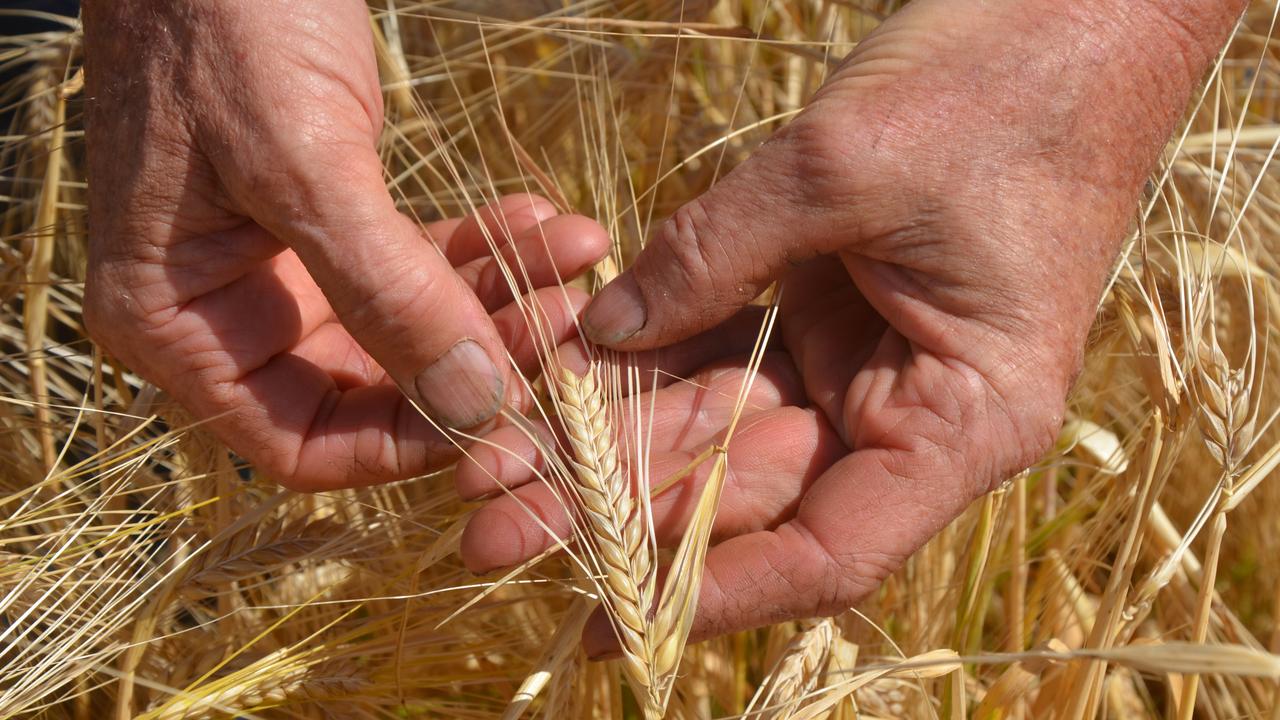
But asked whether the Chinese government had received any concessions on the trade front, or any other trade-off for the decision, Senator Watt was quick to refute.
“We’ve just been very consistent in our position, arguing that we think that we should be following a rules-based trading system, that we thought that these tariffs were unfair,” Senator Watt told Sky News.
“We’ve also argued that this is in the interest of both countries. This isn’t just about a benefit to Australia, it’s also a benefit to China.
“Chinese brewing companies needed to have access, and wanted to have access to Australian barley. So this is a mutually beneficial outcome.”
Questions are also now turning to whether China’s decision will be the catalyst for Mr Albanese to formally announce a trip to Beijing.
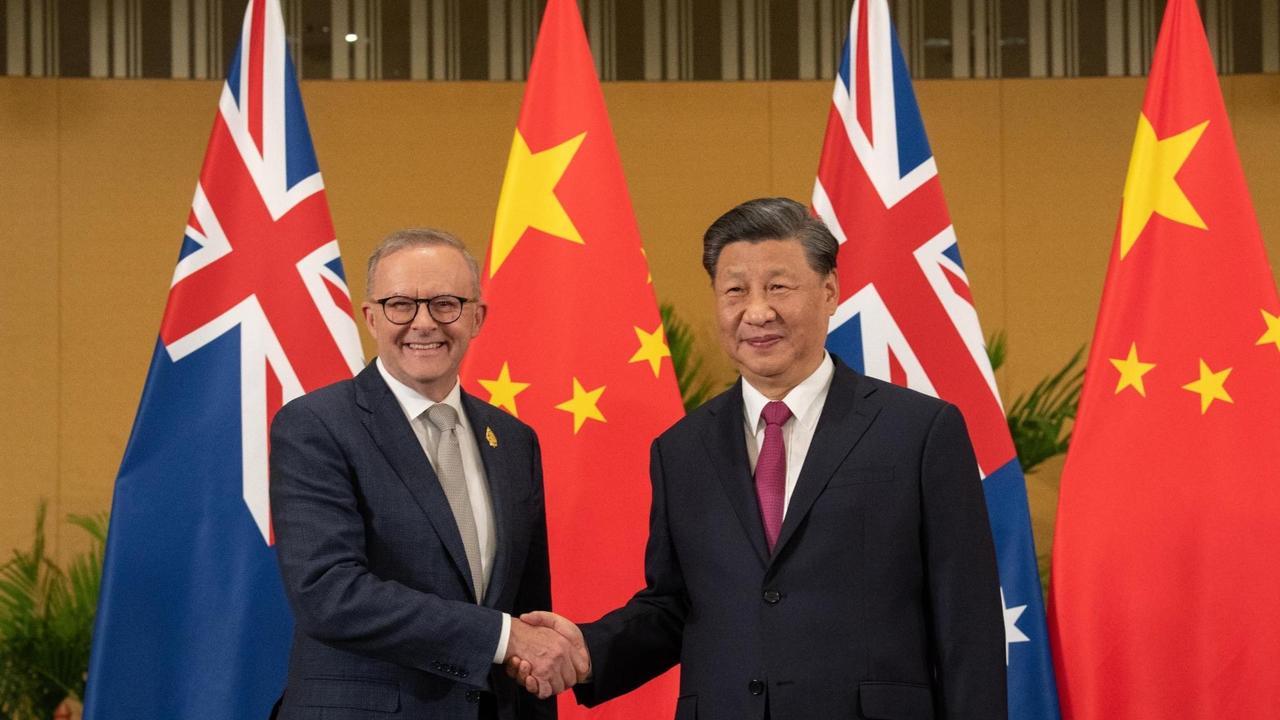
Mr Albanese, who has been invited to China by President Xi Jinping but has not yet confirmed a date, would not be drawn on whether the move cleared the way for a visit later this year.
“The decision that has been made is a very positive one on barley – I welcome it. I want other impediments to be removed,” he told ABC.
“And included in that, the detention of the Australians, including Cheng Lei, and we continue to advance Australia’s interests here.
“I’ve said that I would like to take up the opportunity to visit China. I’ve said the whole way along, even before some of these impediments were removed, dialogue is always a good thing.
“ … It is in Australia’s interests to engage with China, and it is in China’s interests to engage with Australia.”
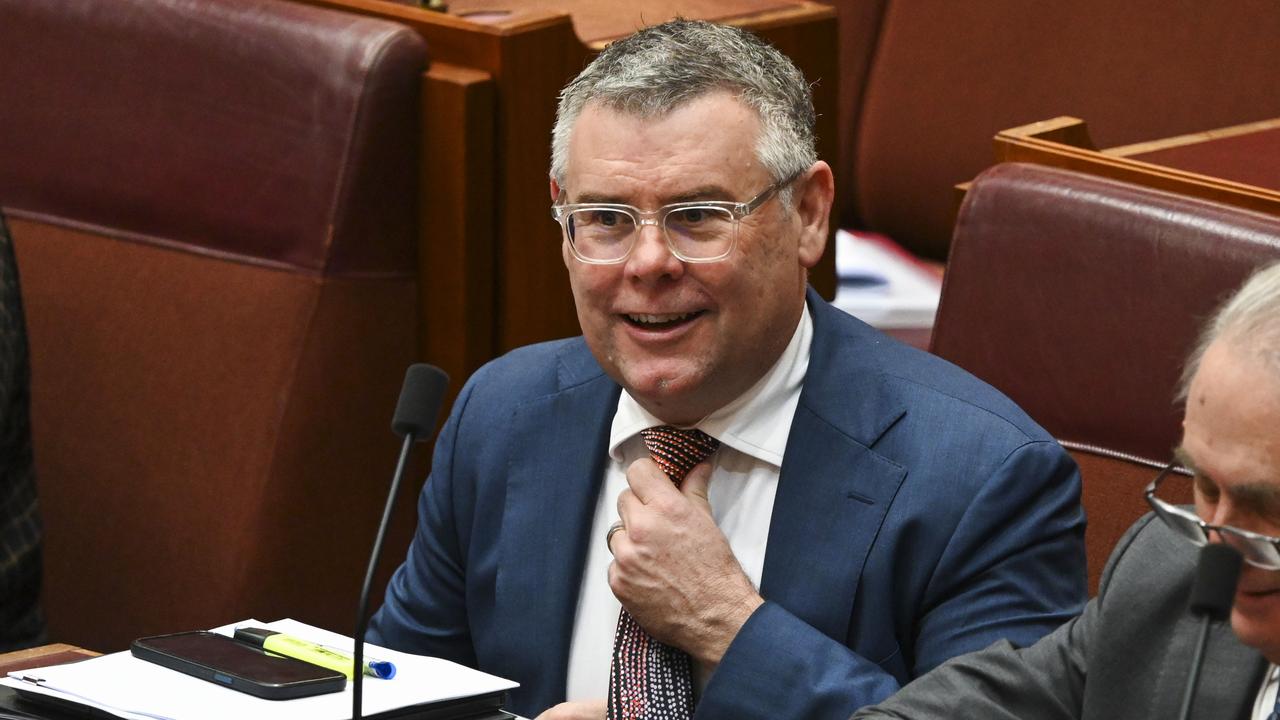
Australia brought action in the WTO against the barley tariffs, but paused a few months ago to give China time to review its tariffs.
The government is now turning its attention to an ongoing dispute over wine, with Senator Watt hopeful the road to China scrapping barley tariffs would be reproduced.
“We see this as a template for how we would like to resolve the issues that remain for wine,” Senator Watt said.
“Again, China was our biggest export market for wine prior to the imposition of tariffs a couple of years ago, and the wine producers who I meet with on a regular basis in Australia are very keen to have this market reopen.
“We brought action in the WTO to resolve the despite, but we’ve always said we would much prefer to resolve these sorts of disputes through dialogue.”

